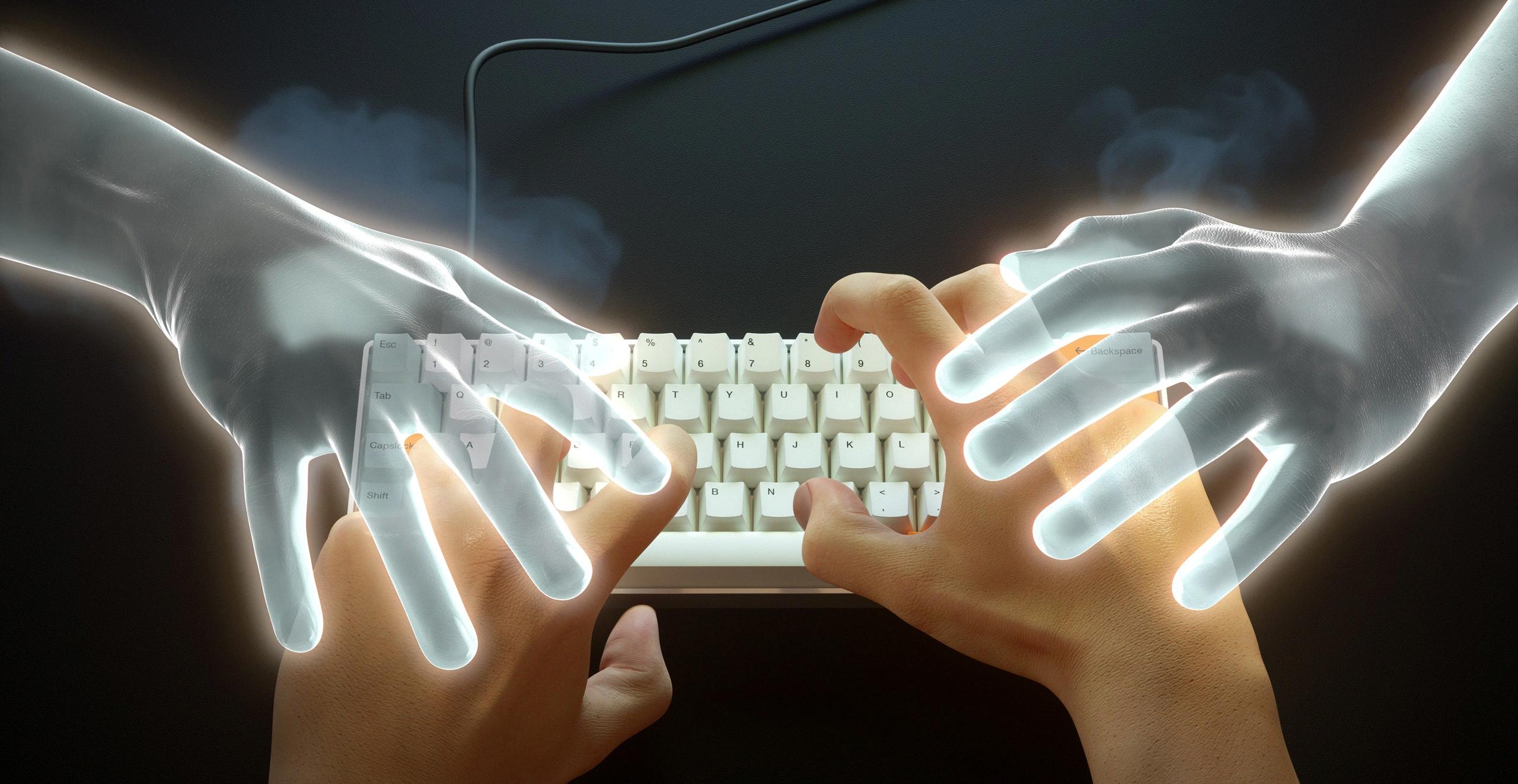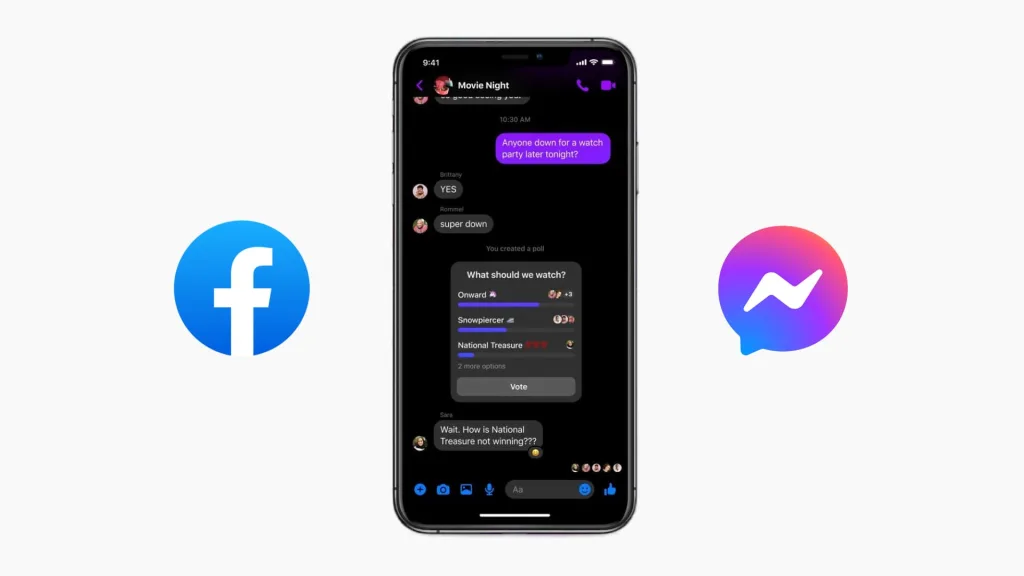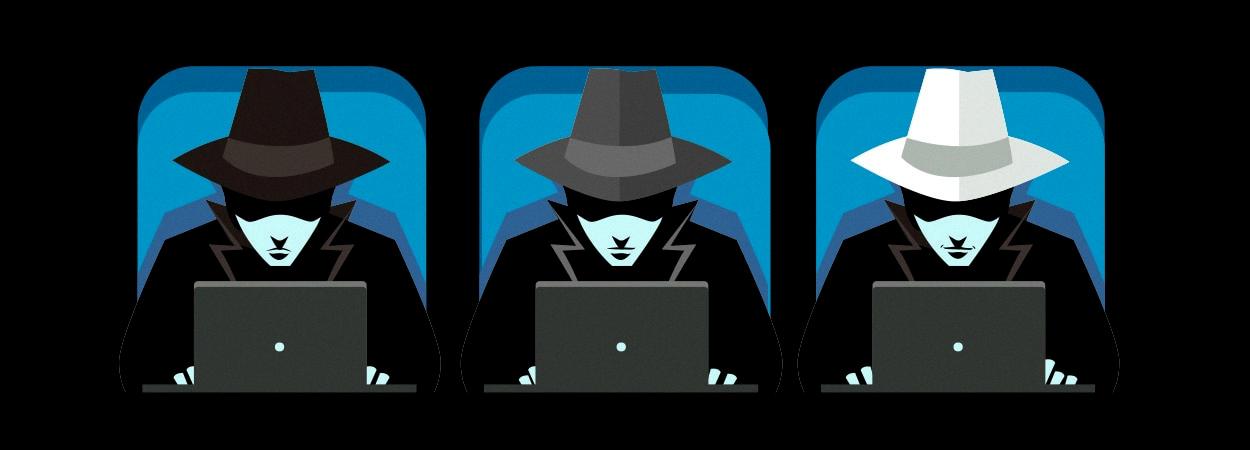Have you ever wondered if it’s possible to get hacked through Messenger? With the rise of cyber threats, you may be concerned about your online security when using popular messaging services like Facebook Messenger. Fortunately, there are steps you can take to protect yourself and your data.
First of all, it is important to understand how hackers can gain access to your account. They can do this by guessing or exploiting passwords, sending malicious links, or using malware like viruses or spyware. All of these methods are designed to exploit weaknesses in the security of a system or application.
One way to prevent hackers from gaining access to your account is by creating a strong password. Make sure that your password contains numbers, symbols, and upper- and lower-case letters. Additionally, avoid using common words or phrases as passwords and change them regularly. You should also be sure to enable two-factor authentication whenever possible for added security.
It is also essential that you stay alert for suspicious activity on Messenger. Keep an eye out for any strange messages from people you don’t know, friend requests from unknown accounts, posts made without your knowledge, or ads you didn’t create. If any of these occur, it could be a sign that someone has gained access to your account and is attempting to use it for malicious purposes.
Finally, be careful about clicking on links or downloading attachments sent via Messenger messages—these could cntain malware that is designed to extract sensitive information from your device or allow the hacker remote access into it. To stay safe online always make sure that the links you click lead to reputable websites and avoid downloading files unless you are certain they are safe.
By following these simple steps and taking precautions against potential threats on Messenger, you can protect yourself against hackers who may attempt to gain access to your account without your permission.
Can You Be Hacked Through Messaging Someone on Messenger?
Yes, you can get hacked by messaging someone on Messenger. If a hacker gains access to your account, they will be able to read your messages and contacts and even send messages pretending to be you. To prevent this from happening, it’s important to use strong passwords that are unique to your account and enable two-factor authentication whenever possible. Additionally, never share your login credentials with anyone, no matter how well you know them.

Source: newyorker.com
Signs That Your Messenger Has Been Hacked
If your messenger account is hacked, there are several signs to look out for. First, you may notice that friend requests have been sent to people you don’t know or messages have been sent that you didn’t write. You may also see posts or ads that you didn’t create appearing on your profile. Additionally, if your password and/or username has changed without your consent, this could be an indication of a hacked account. Finally, if your name or birthday have changed without your authorization, this could also be a sign of a potential hack. If any of these signs are present on your messenger account, it is important to take immdiate action by resetting your password and notifying the messenger service provider.
The Risks of Opening a Link from a Friend’s Hacked Facebook Messenger
Opening a link from a friend’s hacked Facebook Messenger can be risky. The hacker may have sent malicious links that can download malware onto your device, such as viruses, spyware, or ransomware. The malicious link may also take you to a website that loos legitimate but is designed to steal your personal information, such as usernames and passwords. If you open the link, the hacker can gain access to your account and potentially any accounts connected to it (such as banking or financial accounts). Therefore, it is best not to open links from unknown sources or those sent by people you don’t recognize.
Can Viruses be Transmitted Through Messengers?
Yes, viruses can be sent through messenger. Cybercriminals often use Facebook Messenger to spread malicious links containing viruses, worms, and other malware. By hijacking user accounts and sending messages to the person’s friends list, the malicious link can be distributed quickly and widely. It is important to remain vigilant when using Facebook Messenger and not click on any suspicious links that you receive from your contacts. Additionally, it is recommended to keep your software up-to-date with the latest security patches so that any potential threats can be stopped before they cause harm.
The Safety of Chatting on Messenger
No, it is not safe to chat on Facebook Messenger. Messages sent through the platform are not encrypted and therefore could be intercepted and read by third parties. If you are looking for a secure messaging platform, we recommend using one that provides end-to-end encryption such as WhatsApp or Signal.

Can Messaging Lead to Hacking?
No, someone cannot hack you just by messaging them. However, if the message contains malicious files such as pictures, audio or video, then it is possible that your phone could become infected with malware. This can happen before you even open the message because phones automatically process incoming media files. To protect yourself from this kind of attack, make sure to only open messages from trusted sources and never click on suspicious links or attachments.
Detecting If Someone Is Checking Your Messenger
Yes, you can tell if someone is checking your Messenger by looking for a few signs. First, you will be able to see when the person was last active on Messenger. If the person has been active recently, tere will be a green dot next to their name indicating that they are online. Additionally, you may also receive notifications when someone has seen your message or when they have started typing a response. Finally, if you send a message to someone and they read it, a blue circle filled in with their profile picture will appear next to the message after it has been read.
What Are the Risks of Facebook Hackers Accessing Your Phone Number?
Facebook hackers can use your phone number to access your account in a variety of ways. They can use it to reset your password, gain access to your contacts and messages, or even take control of your account entirely. They may also be able to access other accounts linked to the same phone number, such as banking and financial accounts. In addition, they cold use the phone number to send you malicious links or SMS messages that contain malware or spyware. Finally, they could use the information obtained from your Facebook account (such as names of friends and family) in social engineering attacks, in which they attempt to trick you into giving up additional personal information.
Can Clicking on a Link Lead to Phone Hacking?
Yes, it is possible for someone to hack your phone if you click on a link. When you click on a malicious link or attachment, it can install malware onto your device which gives hackers access to your data and files. Hackers can then use this access to steal information, send spam emails, or even take control of your device. To protect yourself from falling victim to this type of attack, be sure to only click on links from trusted sources, avoid opening suspicious emails and attachments, and regularly update your security software.

Source: hp.com
Consequences of Opening a Spam Message on Messenger
Opening a spam message on Messenger can be very dangerous, as it can install malicious software on your computer or mobile device. Malicious software such as hacking tools and spyware can be used to gain access to your accounts, sensitive data, and personal information. It can also cause serious damage to your device by corrupting files or making it run slowly. If you open a spam message, delete it immediately and scan your device for any malicious software.
Conclusion
In conclusion, Messenger is a great tool for staying connected with friends and family, but it’s important to be aware of the risks that come with using it. Unfortunately, hackers may try to gain access to your account and use it to spread malicious links and malware. To protect against this, use strong passwords and be wary of clicking on any suspicious links or attachments sent through Messenger. Additionally, if you notice any changes in your email, password, name or birthday, or if messages are sent from your account that you didn’t write, then your account may have been hacked. By beig vigilant about security when using Messenger, you can avoid becoming a victim of cybercrime.
